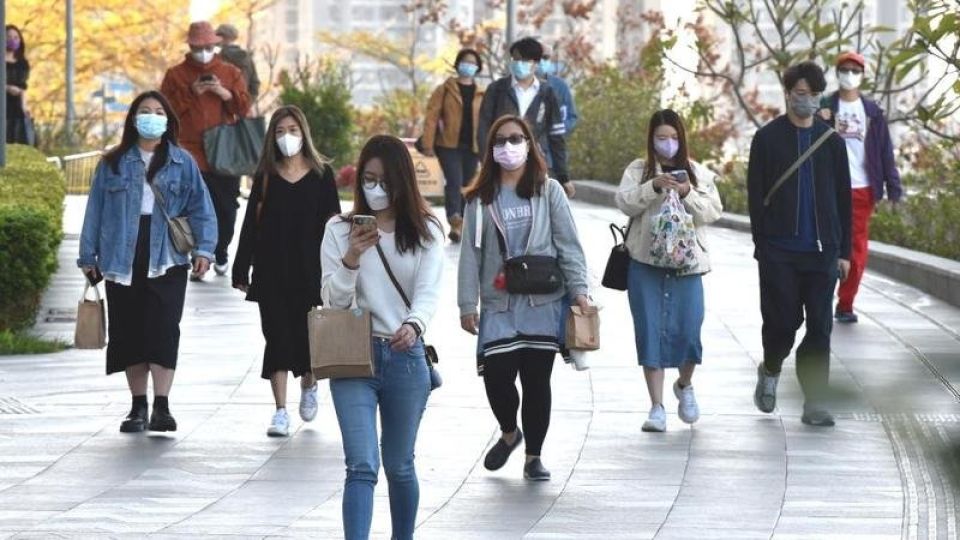February 28, 2023
HONG KONG – Hong Kong is expected to relax its mask-wearing mandate in March, starting with lifting the mandate for outdoors, then for indoors, and finally for high-risk venues such as hospitals, schools, clinics, and homes for the elderly, following a similar move by its neighbor, Macao, medical experts in the city have said.
In an interview with China Daily, respiratory medicine specialist Leung Chi-chiu said that the mandate would better be fully lifted at the end of March when the weather is warmer and the influenza season has subsided.
But experts are urging the public — especially the elderly and those with chronic illnesses or underlying health conditions — to get a COVID-19 booster shot before the full relaxation applies.
On Sunday, Macao announced it would relax its mask mandate from Monday, with people only being required to wear a mask in certain circumstances, including taking public transport and in hospitals or care homes.
The mask-wearing mandate in Hong Kong, which came into force in July 2020, was recently extended to March 8. On Saturday, Secretary for Health Lo Chung-mau said that the HKSAR government is reviewing the data and will choose an appropriate time to lift the mandate
The mask-wearing mandate in Hong Kong, which came into force in July 2020, was recently extended to March 8. On Saturday, Secretary for Health Lo Chung-mau said that the HKSAR government is reviewing the data and will choose an appropriate time to lift the mandate.
Amid calls to scrap the mask mandate, the SAR government on Monday announced that the nucleic acid testing requirement for visitors to public hospitals, residential care homes for the elderly and residential care homes for persons with disabilities will be replaced by a requirement for rapid antigen testing, starting Wednesday. This marks the complete lifting of compulsory nucleic acid testing requirements in Hong Kong. The free-of-charge nucleic acid testing service, which has been available to the community, will therefore also end on Wednesday, the government said in a statement on Monday.
In his interview with China Daily, Leung said that abolishing the mask mandate would not mean that residents should stop wearing masks; instead, it would mean that the residents have the power to decide for themselves whether or not to wear a mask.
Leung said the government should start lifting the mask order for outdoors, but he warned that public transport is in a higher risk category requiring specific protection measures.
Leung also suggested the mask mandate could be lifted for high-risk indoor places, such as schools, clinics, and hospitals, after COVID-testing requirements are cancelled.
By relaxing the mask mandate in phases, Leung said, Hong Kong can test how strong the community’s collective immunity is. When there are no large-scale infections, the government can then implement the next phase. In this way, Leung added, immunity can be further consolidated when more residents get infected and recover.
As anti-pandemic measures are gradually relaxed, Leung advises residents to continue to get vaccinated, thereby protecting themselves and enhancing their immunity.
Echoing Leung, Kevin Lau Chung-hang, the founding director of a local medical group and radiologist, also expressed his support for relaxing the mandate in phases, saying this would reduce the burden on the city’s healthcare system and reduce the spread of the virus.
Lau also suggested that residents have a balanced diet, do regular exercise, take supplements and get seasonal vaccinations for flu to protect their health after the mask mandate is fully relaxed.
Jeffrey Lam Kin-fung, a non-official member of the Executive Council, agreed that Hong Kong should cancel its mask-wearing requirement for outdoors in the near future. However, Lam said Hong Kong, which has a larger population than Macao, should base its mask order arrangements on the local situation to avoid having to revisit anti-pandemic measures.


